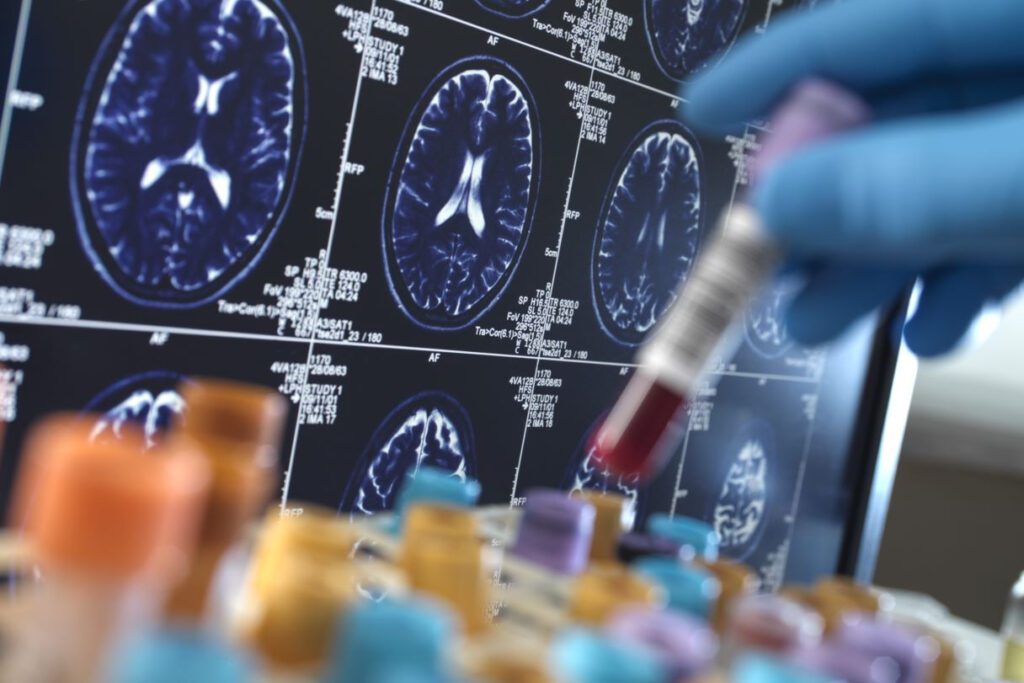A group of researchers led by Cedars-Sinai has developed and successfully tested a new artificial intelligence (AI) method to make cancer clinical trials easier and faster to launch. The method uses patient pathology reports to automate the classification of patients according to the severity of their cancer, potentially shortening the process of selecting candidates for clinical trials.
Their success, described in the peer-reviewed journal Natural communications, significantly expands the applications of AI in healthcare.


“By the time a cancer patient’s data is entered into a tumor registry, months may have passed, along with the patient’s opportunity to participate in relevant clinical trials or other treatments,” said Nicolas Tatonetti, PhDvice president for computational biomedicine at Cedars-Sinai, associate director for computational oncology at Cedars-Sinai Cancer and corresponding author of the study. “Our AI model can significantly reduce this time frame, accelerating the pace of research and expanding patient access to clinical trials.”
The team’s AI model quickly identifies cancer stage by extracting and interpreting text from a single item in a patient’s electronic health record: the pathology report, which describes the findings of pathologists reviewing tissue samples from the patient. In testing thousands of patient records, study investigators confirmed that the AI model they created was highly effective in staging patients’ cancers.
The method is based on a so-called AI transformer model, designed to simulate the complex decision-making power of the human brain. The study team first “trained” the model to stage cancers using publicly available pathology reports from a government database, The Cancer Genome Atlas. These reports covered nearly 7,000 patients and included 23 types of cancers.
To ensure the model worked in different settings, the investigators then applied it to nearly 8,000 pathology reports kept by a single medical center. The results, measured by a standard statistic for evaluating AI models, qualified the method as highly accurate. “This is an important finding because it means that our AI model is an ‘out-of-the-box’ tool that can be generalized to other institutions without requiring training for each site,” said Tatonetti .


The creation of the AI model was made possible by previous researchalso led by Tatonetti, who removed technical barriers preventing computers from extracting and analyzing pathologists’ notes from electronic health records.
In a notable move, the new study’s researchers made their AI model, which they named BB-TEN: Big Bird – TNM staging Extracted from Notes, available to other institutions for academic and certain other purposes.
“By accelerating the selection of candidates for cancer clinical trials, this innovative AI model shows promise in accelerating the development of relevant treatments and making them accessible to a greater number of patients,” said Jason Moore, Ph.D.director of the Department of Computational Biomedicine at Cedars-Sinai.
Other Cedars-Sinai authors include Jacob Berkowitz, Jose M. Acitores Cortina, and Kevin K. Tsang. Another author was Jenna Kefeli.
Kefeli and Tatonetti were supported by award number R35GM131905 from the National Institute of General Medical Sciences of the National Institutes of Health.
Follow Cedars-Sinai University Medicine on LinkedIn to learn more about the latest basic and clinical science research from Cedars-Sinai.


